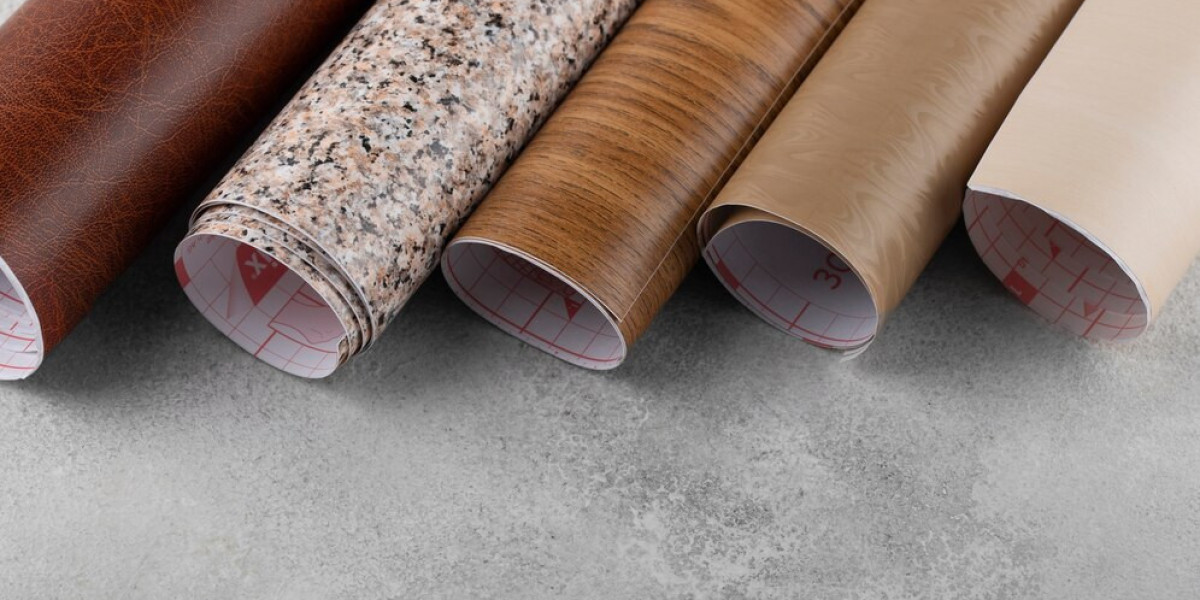Linoleum flooring is increasingly gaining traction as one of the top flooring solutions for homes, offices, schools, and commercial spaces. With growing environmental consciousness and a preference for sustainable options, linoleum flooring has proven to be an advantageous choice. This article explores the key benefits of linoleum flooring, shedding light on why it's becoming an ideal flooring choice for modern interior designs.
1. Environmentally Friendly and Sustainable
One of the biggest advantages of linoleum flooring is its eco-friendliness. Made from renewable, natural materials such as linseed oil, cork, wood flour, and resins, linoleum is biodegradable and can be fully recycled, reducing its environmental footprint. Unlike other synthetic flooring options, which use petroleum-based products, linoleum is a green flooring option that contributes to sustainable construction practices.
In addition, the manufacturing process for linoleum requires less energy compared to other flooring materials, making it an even more attractive choice for eco-conscious consumers and businesses aiming to earn sustainability certifications such as LEED (Leadership in Energy and Environmental Design).
2. Durability and Longevity
Linoleum is well-known for its exceptional durability, making it a long-lasting flooring option. Due to its abrasion-resistant properties, linoleum floors can withstand heavy foot traffic and retain their aesthetic appeal for many years. Unlike carpets or wood floors that may wear down over time, linoleum flooring maintains its color, texture, and finish, even in high-traffic areas.
The long lifespan of linoleum floors translates into long-term cost savings as the need for replacements or repairs is minimized. A well-maintained linoleum floor can last anywhere from 20 to 40 years, depending on the quality of installation and maintenance.
3. Low Maintenance and Easy to Clean
Another significant advantage of linoleum flooring is its low maintenance requirements. Unlike some other types of flooring that require frequent cleaning with special chemicals or waxes, linoleum is easy to clean with regular sweeping and mopping. Its non-porous surface prevents dust, dirt, and allergens from accumulating, making it ideal for homes with pets, children, or individuals with respiratory concerns.
Additionally, linoleum flooring resists stains, and when dirt or spills occur, cleaning is quick and simple, requiring just a damp cloth or mop. The low-maintenance nature of linoleum helps save both time and money on cleaning products and labor.
4. Variety of Designs and Aesthetics
Linoleum flooring offers a wide range of design options, allowing homeowners and designers to select from a variety of colors, patterns, and textures. Whether you're looking for classic, neutral tones or more vibrant, contemporary designs, linoleum can be customized to suit the specific needs of a space. The versatility in its aesthetic appeal makes linoleum a popular choice for both traditional and modern interiors.
Moreover, linoleum is available in tiles or sheets, providing options to create a seamless look or intricate designs. This flexibility allows for creative expression and customization, making it suitable for residential, commercial, and industrial spaces.
5. Comfort and Sound Insulation
Linoleum is a relatively comfortable flooring material compared to harder surfaces such as tiles or stone. The natural cork content in linoleum flooring provides a soft and cushioned feel, making it more comfortable to stand or walk on for extended periods. This feature is especially beneficial for kitchens, offices, and healthcare facilities, where standing for long hours is common.
Furthermore, linoleum has sound-absorbing properties, helping to reduce noise levels in spaces. This makes it a preferred flooring choice for areas that require quiet environments, such as offices, libraries, and educational institutions.
6. Antibacterial and Antimicrobial Properties
Linoleum has inherent antibacterial and antimicrobial properties, which make it highly resistant to bacteria and germs. This is particularly advantageous in healthcare settings such as hospitals, clinics, and nursing homes, where hygiene is a top priority. The natural composition of linoleum helps prevent the growth of harmful microorganisms, contributing to healthier environments.
These properties also make linoleum suitable for homes with children and pets, where cleanliness is important for both safety and comfort.
7. Affordability
While linoleum flooring is often compared to vinyl and hardwood flooring, it tends to be more affordable without compromising on quality. For homeowners and businesses on a budget, linoleum offers an attractive alternative that provides both cost-effectiveness and superior functionality.
Its cost-efficiency, combined with long-lasting durability, ensures that linoleum offers excellent value for money, especially for large spaces or commercial areas.
Conclusion
The advantages of linoleum flooring make it a top choice for a wide range of residential and commercial applications. From its sustainability and eco-friendly composition to its durability, aesthetic versatility, low maintenance, and affordability, linoleum flooring meets the growing demand for high-performance, sustainable building materials. As more consumers and businesses prioritize environmental impact, linoleum’s popularity is set to rise, providing a reliable and stylish flooring solution that stands the test of time.









